Matt Hancock was called to Boris Johnson’s office to explain care home ‘negligence’
Dominic Cummings has ‘documentary evidence’ that PM feared he was misled over care home testing
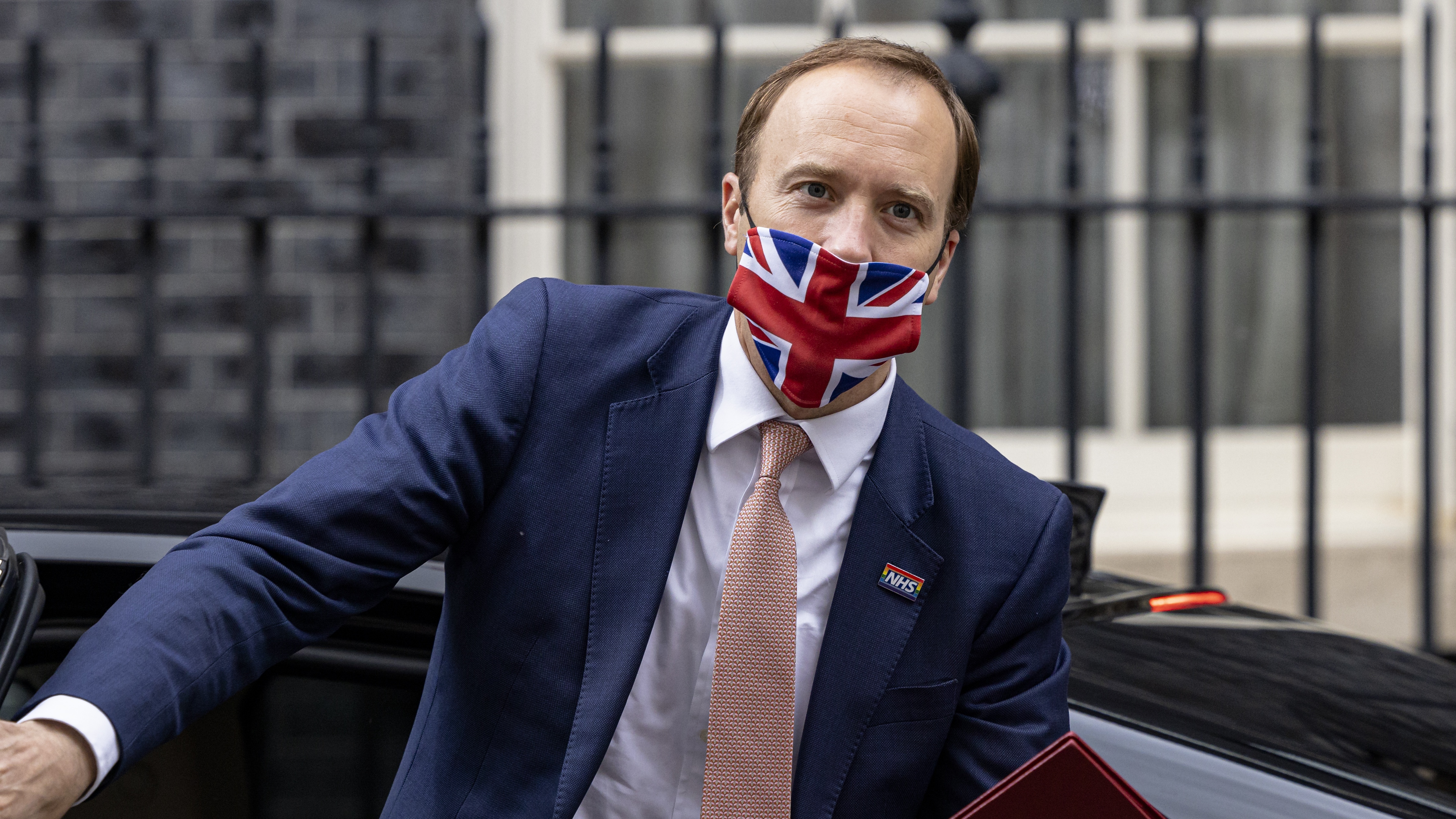
A free daily email with the biggest news stories of the day – and the best features from TheWeek.com
You are now subscribed
Your newsletter sign-up was successful
Boris Johnson feared he had been “misled” by Matt Hancock over the testing of hospital patients for Covid-19 before they were discharged into care homes, summoning him to a meeting last May to explain his “negligence”, it has emerged.
The health secretary was called to the prime minister’s office on 4 May 2020 to explain whether he had “misled” the prime minister, former chief adviser Dominic Cummings and the then cabinet secretary Mark Sedwill on testing patients before they were discharged into care homes, as well as over further testing of residents and staff, ITV political editor Robert Peston reports.
Cummings is reported to have “documentary evidence” of the meeting, Peston adds, in which the term “negligence” is used to describe the release of Covid patients into care homes.
The Week
Escape your echo chamber. Get the facts behind the news, plus analysis from multiple perspectives.

Sign up for The Week's Free Newsletters
From our morning news briefing to a weekly Good News Newsletter, get the best of The Week delivered directly to your inbox.
From our morning news briefing to a weekly Good News Newsletter, get the best of The Week delivered directly to your inbox.
The Department of Health and Social Care (DHSC) has denied Peston’s reporting, with a source close to the health secretary telling ITV: “We do not recognise this at all. The health secretary has had many meetings with the PM across a range of issues throughout the pandemic as you would expect”.
The claim has “lobbed a fresh grenade into the mix”, Politico’s London Playbook says, as Hancock struggles with the fallout from Cummings’s explosive testimony to the Commons health select committee on Wednesday.
In the marathon session Cummings told the committee: "We were told categorically in March that people would be tested before they went back to care homes. We only subsequently found out that that hadn't happened.
"The government rhetoric was we put a shield around care homes – it was complete nonsense. Quite the opposite of putting a shield around them, we sent people with Covid back to the care homes."
A free daily email with the biggest news stories of the day – and the best features from TheWeek.com
The health secretary has denied the claims, stating that he was clear it would take time to build testing capacity and that he had promised only that all elderly and vulnerable patients would be tested for Covid when there was adequate testing capacity, rather than with immediate effect.
“My recollection of events is that I committed to delivering that testing for people going from hospital into care homes when we could do it,” he told a Downing Street press conference yesterday. “I then went away and built the testing capacity… and then delivered on the commitment that I made.”
Despite initially declining to give a direct response when asked by journalists last night if Hancock was the right person for the role, Johnson issued a statement this morning expressing “full confidence” in the health secretary. “The PM has full confidence in the health secretary and will continue working with him to protect public health and save lives,” a Downing Street spokesperson said.
The health secretary could be insulated from further blows to his reputation by a report released by Public Health England that suggests only a small proportion of Covid outbreaks were “seeded” from hospitals into care homes.
The report, commissioned by DHSC, found that from 30 January to 12 October last year, 43,398 residents tested positive for Covid. More than 80% of these came from “outbreaks” and the report found there were 5,882 separate outbreaks. Around 1.6% (97) of outbreaks were identified as stemming from hospital discharges.
Sorcha Bradley is a writer at The Week and a regular on “The Week Unwrapped” podcast. She worked at The Week magazine for a year and a half before taking up her current role with the digital team, where she mostly covers UK current affairs and politics. Before joining The Week, Sorcha worked at slow-news start-up Tortoise Media. She has also written for Sky News, The Sunday Times, the London Evening Standard and Grazia magazine, among other publications. She has a master’s in newspaper journalism from City, University of London, where she specialised in political journalism.
-
 ‘Poor time management isn’t just an inconvenience’
‘Poor time management isn’t just an inconvenience’Instant Opinion Opinion, comment and editorials of the day
-
 Bad Bunny’s Super Bowl: A win for unity
Bad Bunny’s Super Bowl: A win for unityFeature The global superstar's halftime show was a celebration for everyone to enjoy
-
 Book reviews: ‘Bonfire of the Murdochs’ and ‘The Typewriter and the Guillotine’
Book reviews: ‘Bonfire of the Murdochs’ and ‘The Typewriter and the Guillotine’Feature New insights into the Murdoch family’s turmoil and a renowned journalist’s time in pre-World War II Paris
-
 The new Stratus Covid strain – and why it’s on the rise
The new Stratus Covid strain – and why it’s on the riseThe Explainer ‘No evidence’ new variant is more dangerous or that vaccines won’t work against it, say UK health experts
-
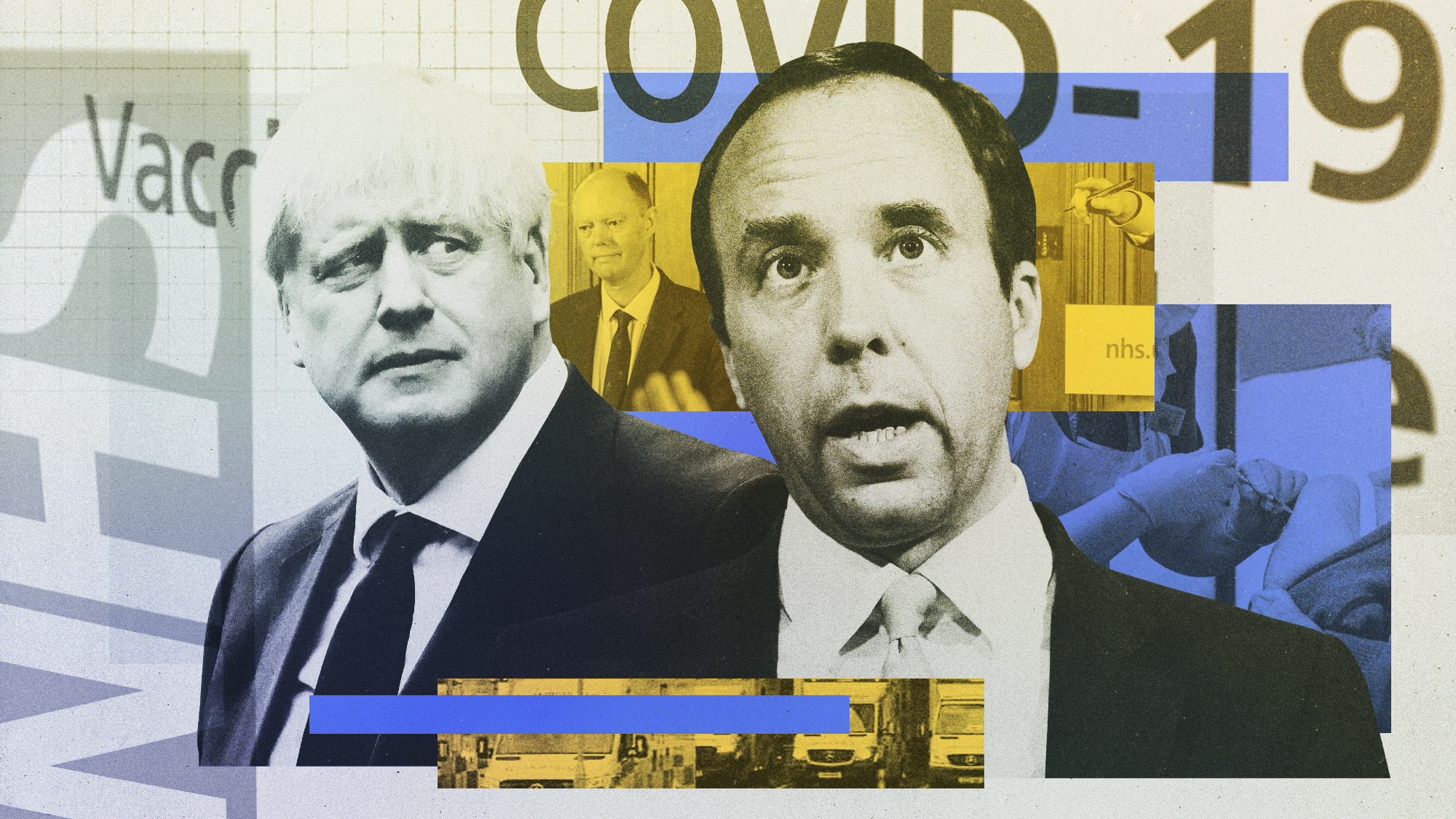 Brexit, Matt Hancock and black swans: five takeaways from Covid inquiry report
Brexit, Matt Hancock and black swans: five takeaways from Covid inquiry reportThe Explainer UK was 'unprepared' for pandemic and government 'failed' citizens with flawed response, says damning report
-
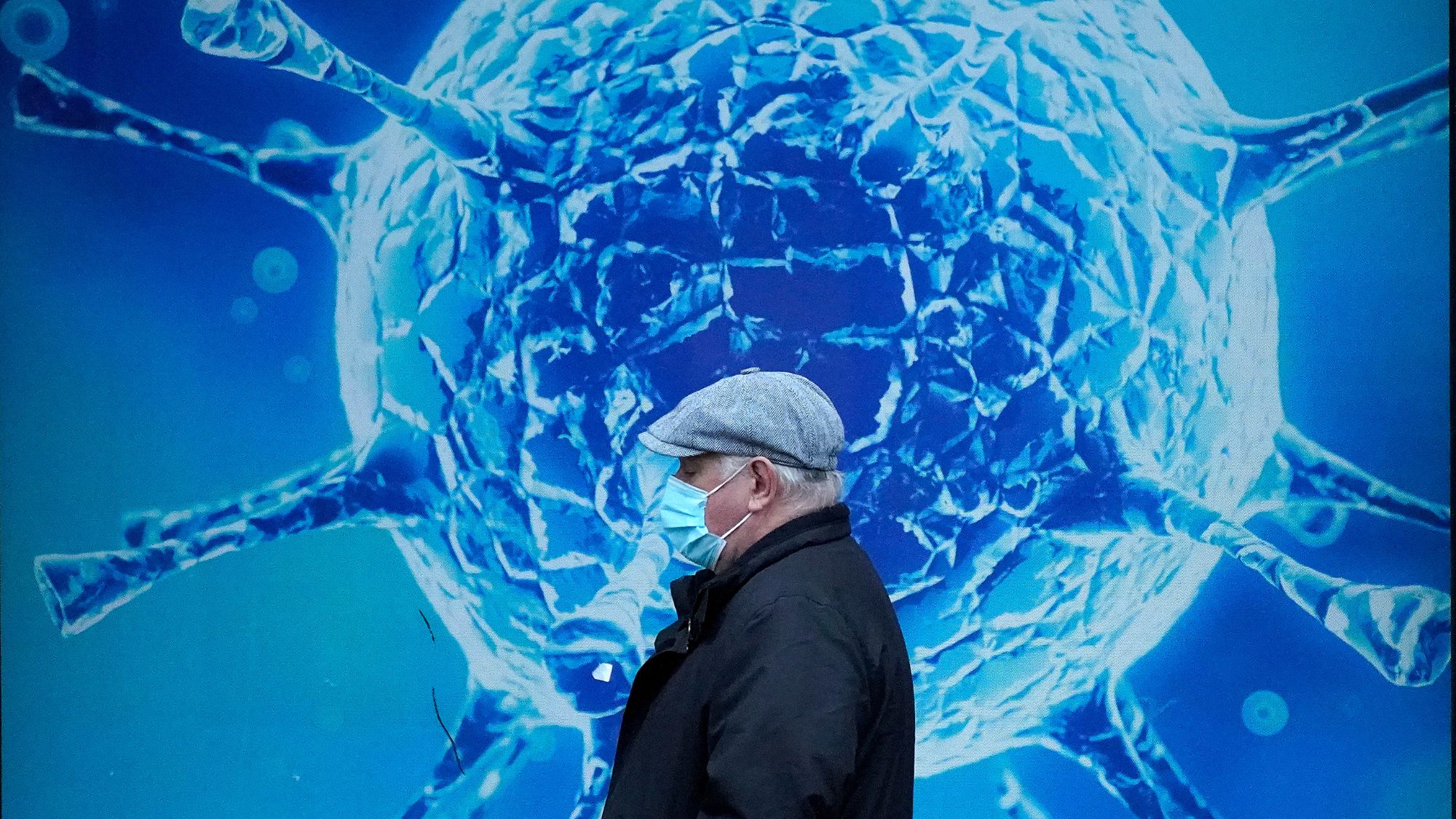 Covid-19: what to know about UK's new Juno and Pirola variants
Covid-19: what to know about UK's new Juno and Pirola variantsin depth Rapidly spreading new JN.1 strain is 'yet another reminder that the pandemic is far from over'
-
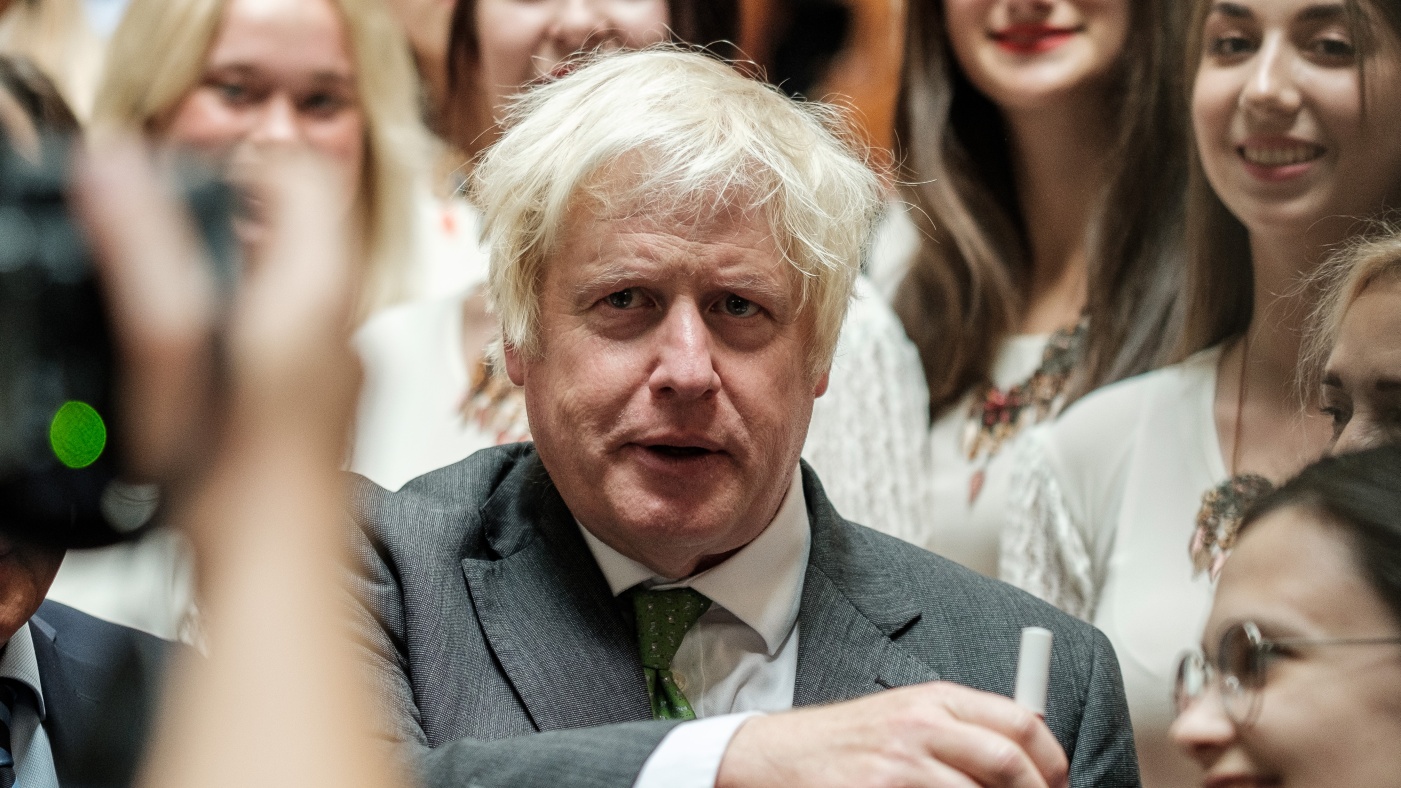 Covid inquiry: the most important questions for Boris Johnson
Covid inquiry: the most important questions for Boris JohnsonTalking Point Former PM has faced weeks of heavy criticism from former colleagues at the public hearing
-
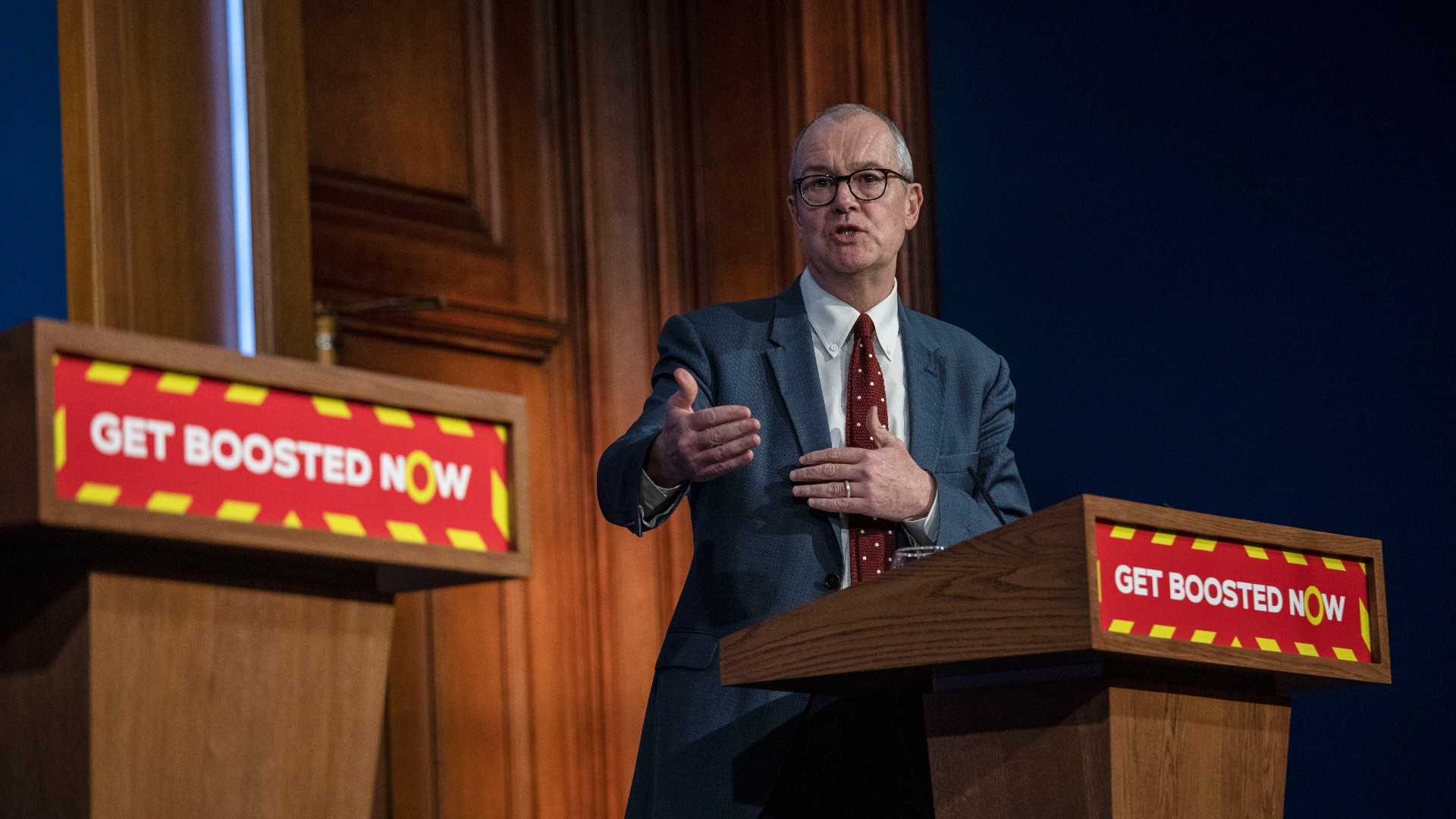 Vallance diaries: Boris Johnson 'bamboozled' by Covid science
Vallance diaries: Boris Johnson 'bamboozled' by Covid scienceSpeed Read Then PM struggled to get his head around key terms and stats, chief scientific advisor claims
-
 Babylon Health: the failed AI wonder app that 'dazzled' politicians
Babylon Health: the failed AI wonder app that 'dazzled' politiciansThe Explainer Demise of UK tech start-up is a cautionary tale for politicians seeking quick fixes to complicated problems
-
 The biggest search for the Loch Ness monster in 50 years
The biggest search for the Loch Ness monster in 50 yearsUnder the Radar Organisers hope to ‘inspire new generation’ of hunters using thermal drones, infrared cameras and a hydrophone
-
 Covid inquiry: can it bring about meaningful change?
Covid inquiry: can it bring about meaningful change?Today's Big Question Bereaved families demand answers as public hearings examining almost every aspect of the British state get underway